Student Stories
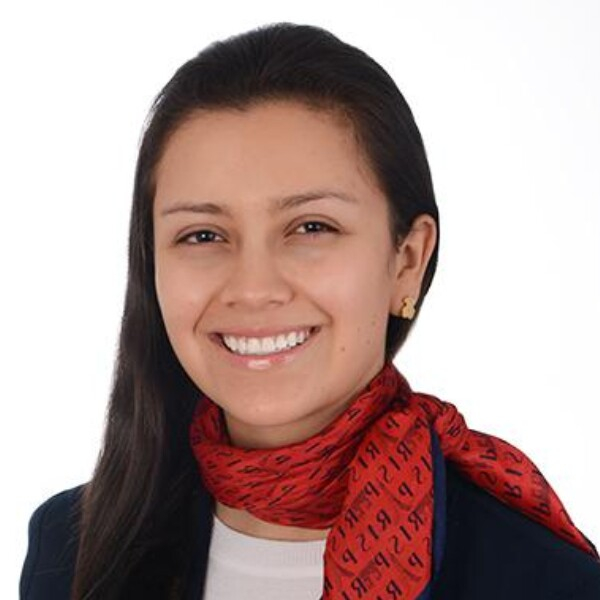
There’s Something that Only the HNC Offers
When I first applied to the Hopkins-Nanjing Center, I thought I would just be taking classes in Chinese, but they offer so much more. Having a place where activities are happening all the time and creating meaningful relationships with students and faculty is something that you might not always find easily in other programs.
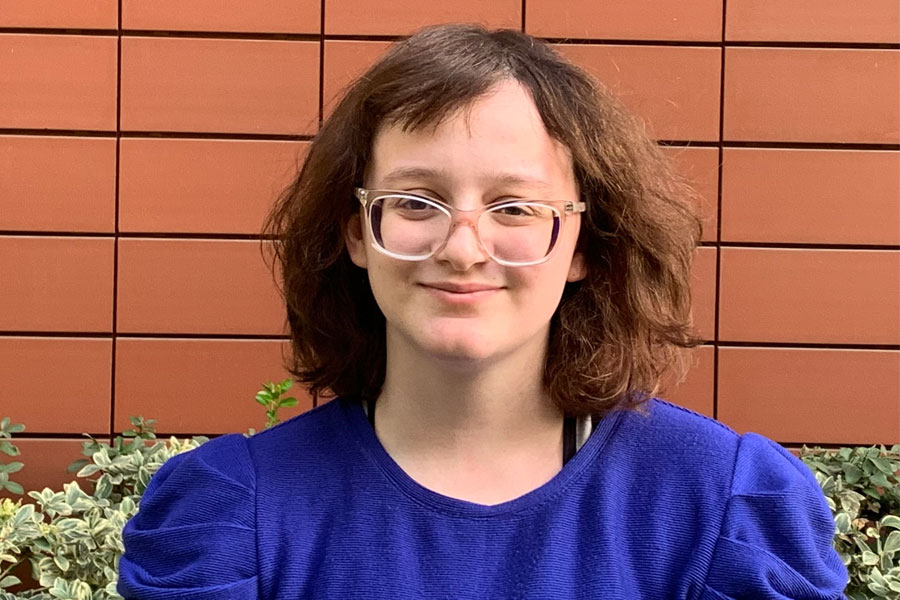
Transforming Your Perspective
By the end of my program, I will be able to look at issues from a more open-minded perspective due to this constant interaction with people and readings that have a different perspective than my own.
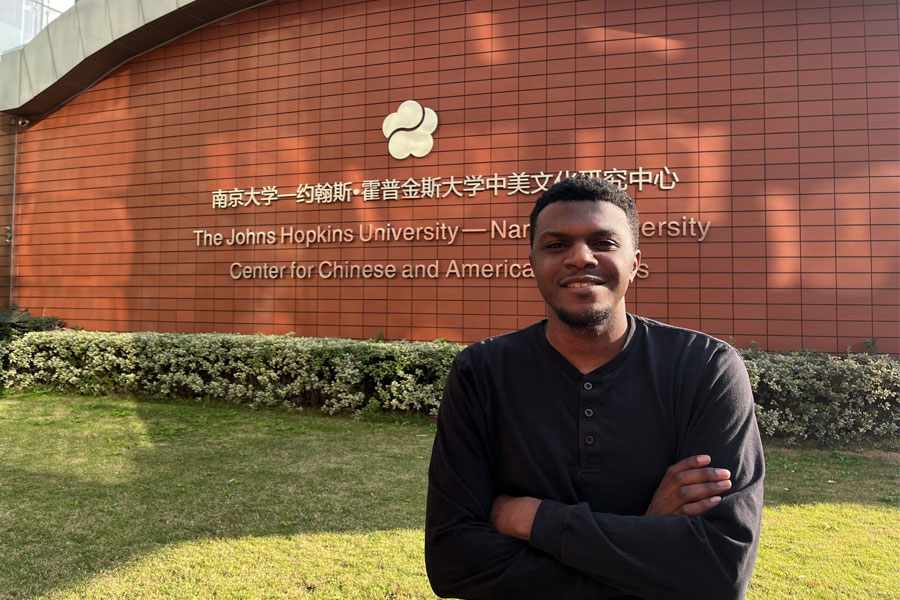
Take Advantage of Every Opportunity
The additional opportunity that the Hopkins-Nanjing Center provided was hard to pass up. It allows me to continue my language study through my international relations coursework, gain a deep insight into how Chinese government and society operates, and take part in an amazing graduate school program.

Working in the China-Africa Space
In the next year I see myself completing my national service for Ghana, and going into the private sphere. I also see myself working closely in the China-Africa space, perhaps with Chinese enterprises on the continent, or in some sort of China Africa field.
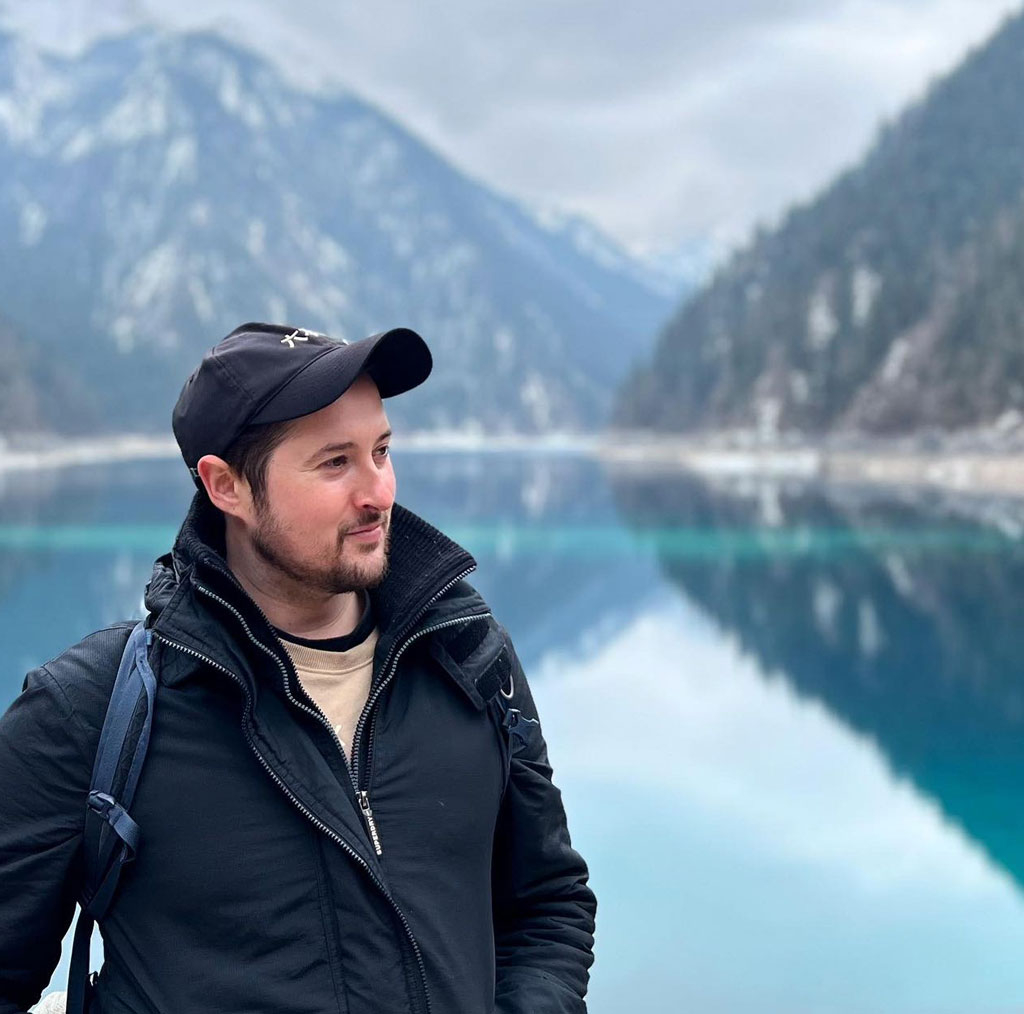
Learning Through a Different Lens
I really liked the concept of being able to learn about China and global politics through a Chinese lens, especially using Chinese, while still being able to maintain academic freedom.
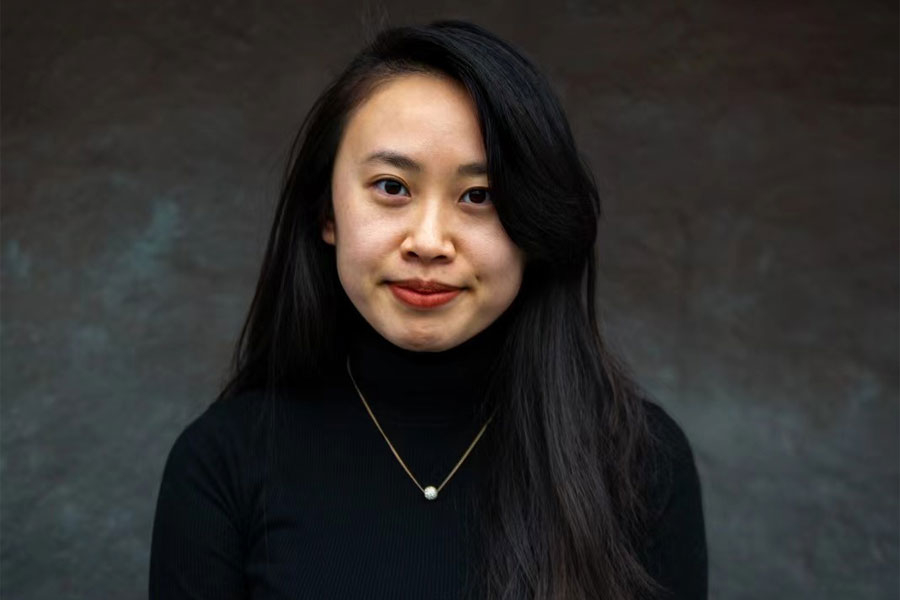
Studying China's Engagement in Latin America
With my degree, I am hoping to build a career that would allow me to give back to my community, to give back to Colombia. As a Chinese Colombian, I would like to be part of that bridge that connects the two countries and the wider Latin American region.

A Strong Sense of Community
The Master of Arts in International Studies really appealed to me, because it was the only one of its kind that provided an opportunity to broaden my understanding of China in a bicultural and bilingual context and advance my Chinese language skills by writing a thesis in Chinese.
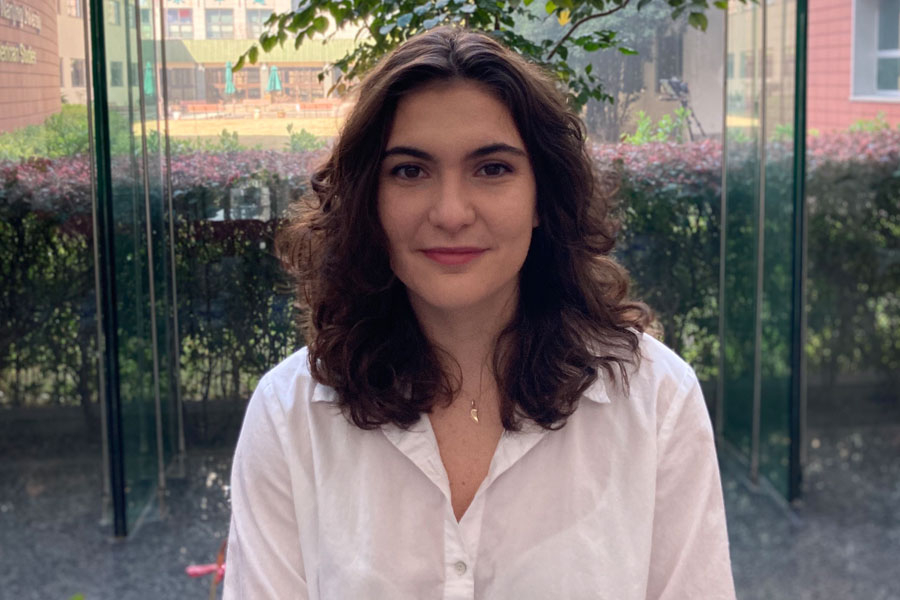
Learning in Chinese, Being Taught in Chinese, Living in China
Living on campus has been fantastic...it felt like walking straight into a community that you are automatically accepted into.

Two Universities for a Complementary Education
Petr Pesov, a MAIA Cooperative student at SAIS Europe, explains how his multidisciplinary education from two universities, Tel-Aviv University and SAIS has helped define who he is and what he wants to become.
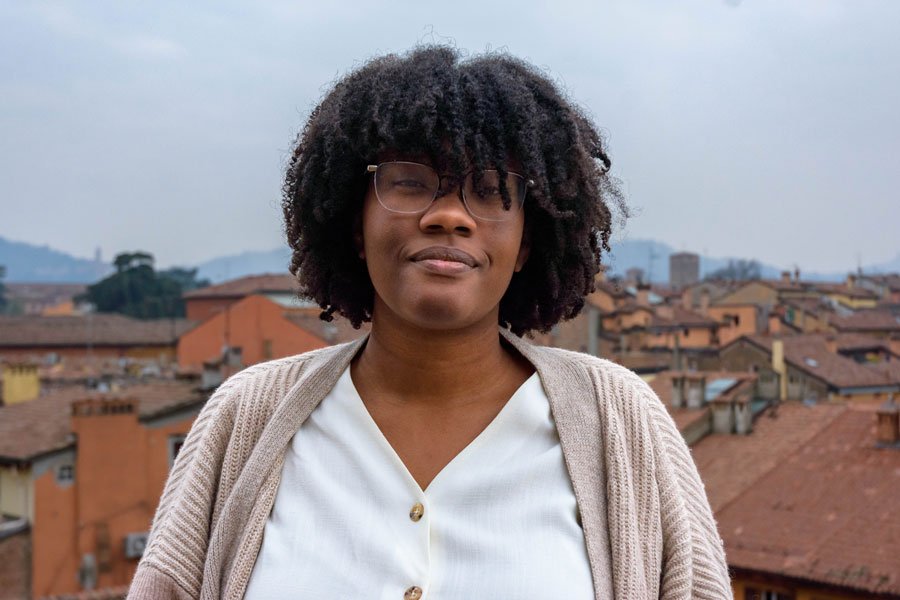
From Nonprofit to Sustainability Consulting: How SAIS Equipped Me to Serve Communities with a Systemic Understanding
Don’t be afraid to pivot. If you don’t like what you’re doing, try something different until you figure out what works.